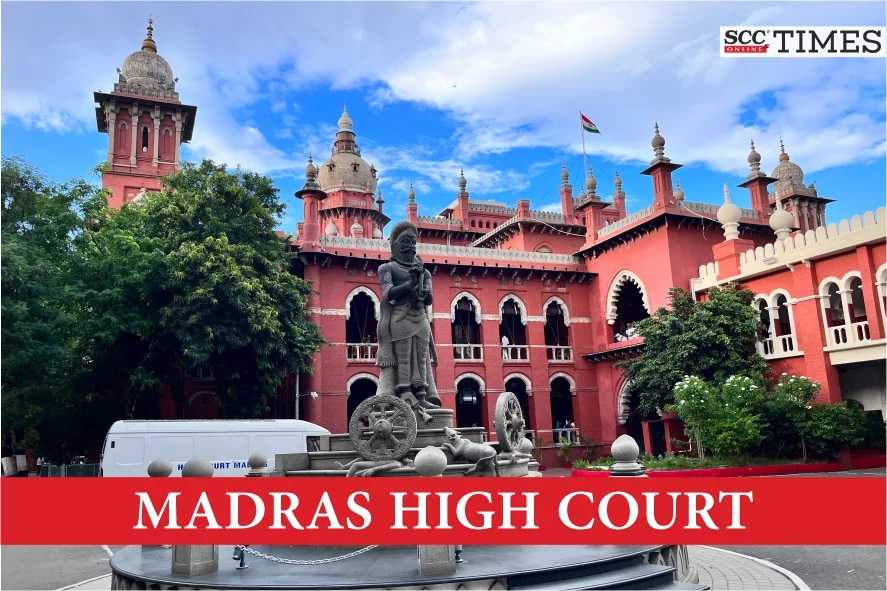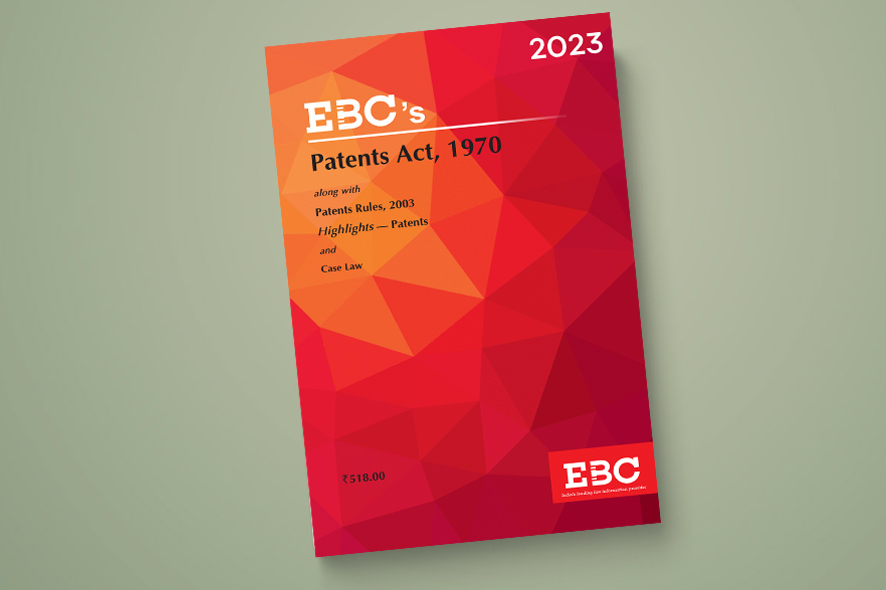Madras High Court: In an appeal filed by Indian Institute of Technology Madras(‘IIT Madras’) under Section 117-A of the Patents Act, 1970, praying to pass an order granting a patent and to set aside the impugned order of Controller of Patents & Designs, refusing registration; and a direction that the Controller of Patents & Designs, shall allow the application to proceed to grant on an expedited basis, Senthilkumar Ramamoorthy, J. while affirming the rejection of the patent application, the Court held that the rejection of the claimed invention by the Controller in the impugned order on the basis of Section 3(a) and on industrial applicability under Section 2(1)(j) is held to be untenable, whereas the rejection on the basis of Sections 3(d) and 2(1)(ja) is sustained.
Background:
IIT Madras has filed an application entitled ‘Method of Doping Potassium into Ammonium Perchlorate’. The First Examination Report (‘FER’) cited prior art document D1 and raised objections on the grounds that the claimed invention lacks novelty, inventive step, and is patent ineligible as per Section 3(d) of the Patents Act, 1970. IIT Madras filed a response to the FER amending the complete specification. The hearing letter was issued maintaining objections under Sections 2(1)(ja) and 3(d) of the Patents Act. IIT Madras made oral submissions during the physical hearing and filed written submissions with amended claims. The impugned order was passed, whereby the Controller refused the application under Sections 2(1)(ja), 3(d) and 3(a) of the Patents Act. Thus, the present appeal was filed.
Analysis and Decision:
Discussing the grounds on which the patent application was refused by the Controller, the Court noted that the impugned order found that the application is frivolous under Section 3(a) of the Patents Act.
The Court noted that this line of objection on the ground of frivolousness is conspicuous by its absence in the FER and the hearing notice and has been raised by the Controller for the first time in the impugned order. Thus, the Court said that since IIT Madras was deprived of an opportunity of being heard on the objection under Section 3(a), both Section 14 read with Section 80 of the Patents Act and principles of natural justice were contravened.
Discussing the rejection under Section 3(d) of the Patents Act, the Court said that the Controller, while recognizing that the invention may be novel, ruled that it is patent ineligible under Section 3(d) of the Patents Act.
The Court noted three exclusions under Section 3(d) and said that since this a process and not substance claim, only exclusion (c) is relevant.
The Court said that public policy mandates prohibition of the grant of monopoly rights to an already known process that adds no scientific or economic value in the relevant field. Accordingly, an invention which makes mere use of a known process that does not result in a new product or does not employ a new reactant is excluded from patentability as per Section 3(d) of the Patents Act.
The Court noted that the resultant product in the claimed invention is also not new but merely a variant of the one in D1.
The Court also noted that one of the grounds of rejection was that a new reactant was not used. Further, the Court said that for a compound to be considered as a reactant, it must trigger or cause a chemical reaction to form a new compound.
Thus, the Court concluded that the filtrate material cannot be considered as a reactant. The claimed invention employs dissolution, filtration, heating, drying and reheating. All these processes are known. Since a new reactant was not used while adopting these known processes and these processes do not result in a new product, the claimed invention is excluded from patentability under Section 3(d) of the Patents Act.
Discussing that whether the claimed invention is ‘capable of industrial application’ the Court noted that the claimed invention for being ‘capable of industrial application’, must disclose a practical application and should be capable of being exploited for commercial benefit without significant difficulty. T concluded that the claimed invention passes the test of being capable of industrial applicability.
Further, discussing the ‘inventive step’ of the claimed invention, the Court noted that to surmount the inventive step test test, the claimed invention must possess both the following characteristics:
(i) it must exhibit technical advancement as compared to the existing knowledge or have economic significance in the industry or both of the above; and
(ii) the purported technical advance must not be obvious to a person skilled in the art.
The Court said that in conducting the obviousness analysis, the second step is to identify the notional person skilled in the art (PSITA). Therefore, the Court said that a chemical engineer working in the field of composite solid propellants would qualify as the PSITA for conducting the obviousness analysis.
The Court concluded that without any experimental data to compare the costs of using filtrate material, which requires frequent changing, vis-a-vis using an external reagent, the economic significance of the claimed invention cannot be established. Thus, the claimed invention lacks an inventive step under Section 2(1)(ja) of the Patents Act.
Therefore, while affirming the rejection of the patent application , the Court held that the rejection of the claimed invention by the Controller in the impugned order on the basis of Section 3(a) and on industrial applicability under Section 2(1)(j) is held to be untenable, whereas the rejection on the basis of Sections 3(d) and 2(1)(ja) is sustained.
[Indian Institute of Technology v. Controller of Patents & Designs, 2024 SCC OnLine Mad 2126, decided on 11-06-2024]
Advocates who appeared in this case :
For Petitioner: Advocate T.K. Ramkumar
For Respondents: Deputy Solicitor General Rajesh Vivekananthan








